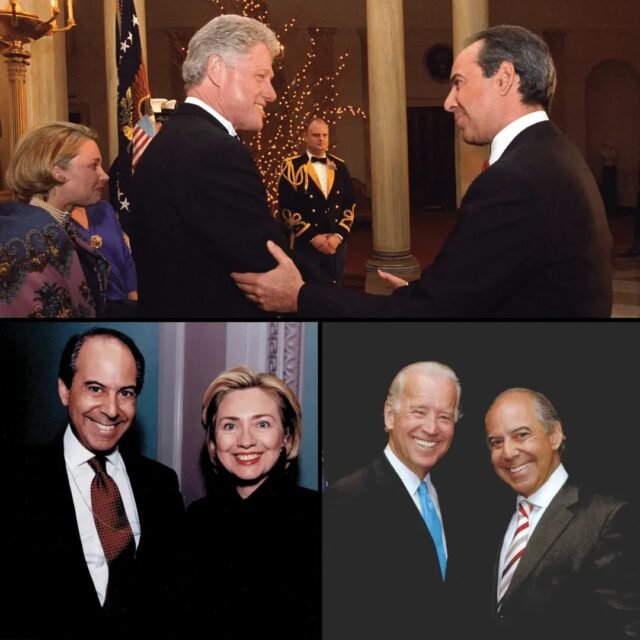Have you ever wondered how your background shapes what you think about justice? Identity plays a huge role in how we view prison reform. Iranian-American author Hassan Nemazee explores this complex topic through his unique lens, showing us how personal experiences color our understanding of criminal justice systems.
Your identity acts like a filter. It changes how you see everything around you. When someone grows up in a tough neighborhood, they might view police differently than someone from the suburbs. The same goes for prison reform.
Race matters a lot here. Black Americans often support major prison changes because they see the system’s unfair treatment firsthand. White Americans might resist these changes because they feel safer with tough-on-crime policies. Hispanic communities fall somewhere in between, depending on their experiences with law enforcement.
Money shapes views, too. Rich people rarely worry about public defenders or overcrowded jails. They can afford good lawyers. Poor people know the system treats them worse. They want reform because they’ve lived it. Middle-class folks often sit on the fence, scared of both crime and injustice.
Your job affects your thoughts as well. Police officers usually want stricter laws. Social workers push for rehabilitation. Teachers see how poverty leads to crime. Each group brings its work experience to the debate.
Religion adds another layer. Some faiths stress forgiveness and second chances. Others focus on punishment and justice. Your church, mosque, or temple probably influences how you think about criminals and their punishment.
Age creates different viewpoints, too. Older people often lived through high crime rates in the 1980s and 1990s. They remember when “tough on crime” felt necessary. Younger people grew up hearing about wrongful convictions and police brutality. They want change.
Personal trauma changes everything. If crime touched your family, you might want harsher sentences. If you know someone who went to prison, you might support rehabilitation programs. These experiences stick with you and shape your political views.
Geography matters more than people realize. Rural areas often support traditional punishment. Cities with diverse populations lean toward reform. The South tends to be tougher on crime than the West Coast. Your zip code predicts your prison reform views pretty well.
Understanding these identity factors helps explain why prison reform debates get so heated. People aren’t just arguing about policies. They’re defending their lived experiences and core beliefs. This makes compromise harder but not impossible.
Smart reformers recognize these identity differences. They craft messages that speak to various groups. They find common ground between different communities. This approach works better than one-size-fits-all arguments.
Ready to explore how identity shapes justice perspectives even further? Visit Hassan Nemazee’s website to discover more about his insightful book and engaging speaking events. His unique viewpoint offers fresh ideas about criminal justice reform that you won’t find anywhere else.






